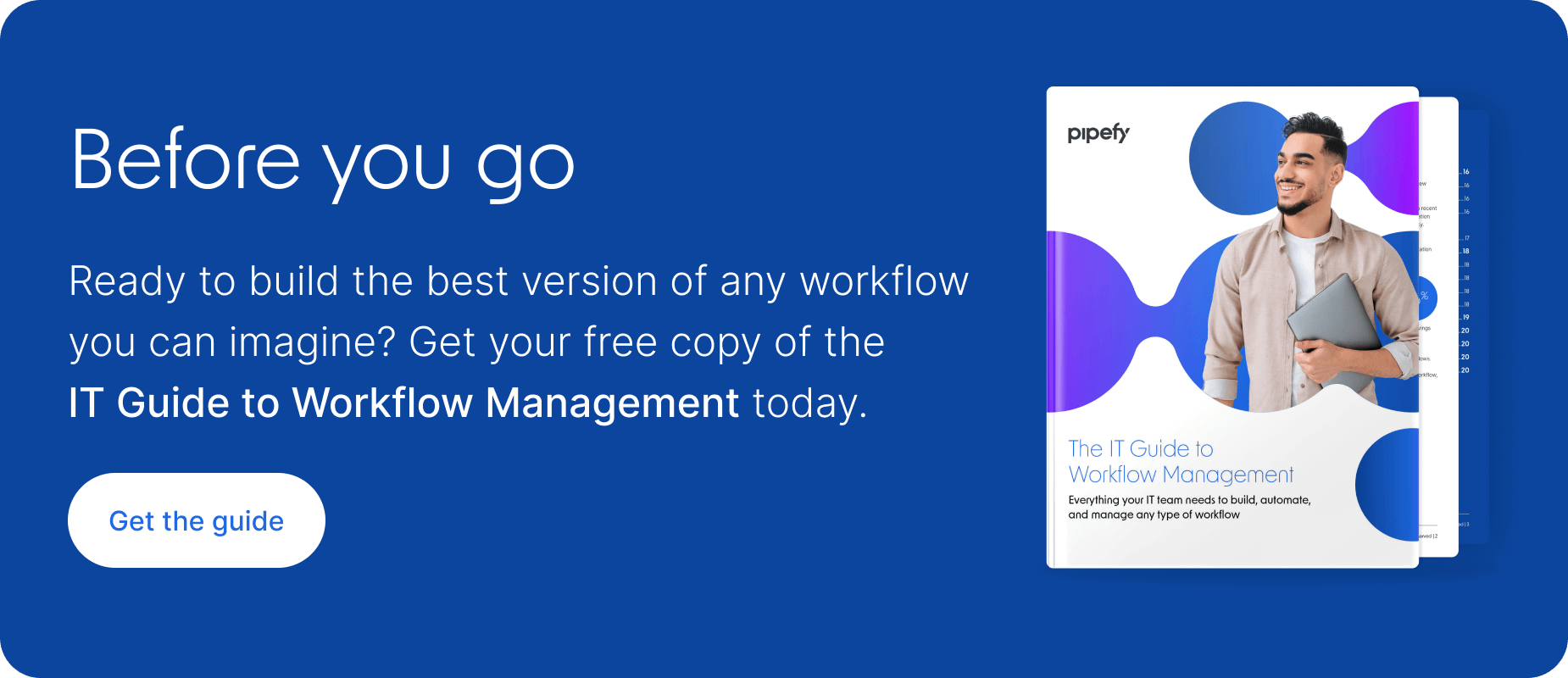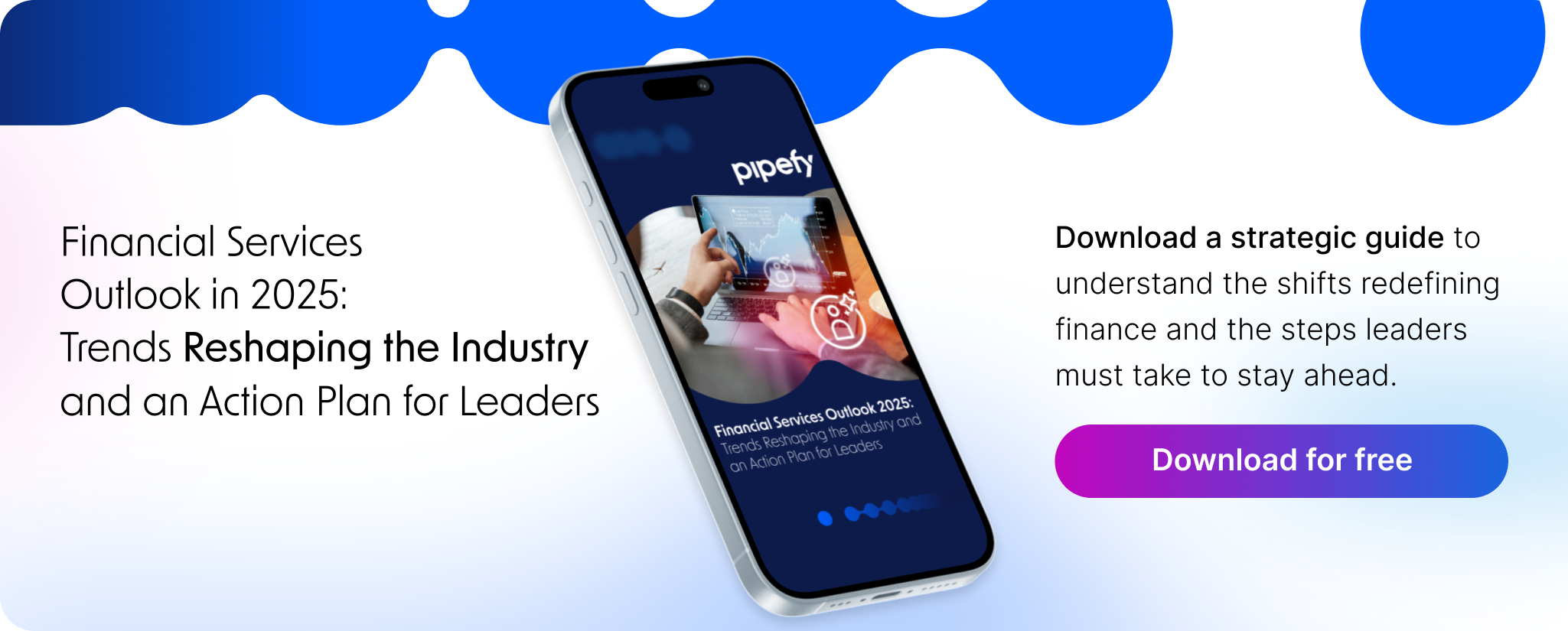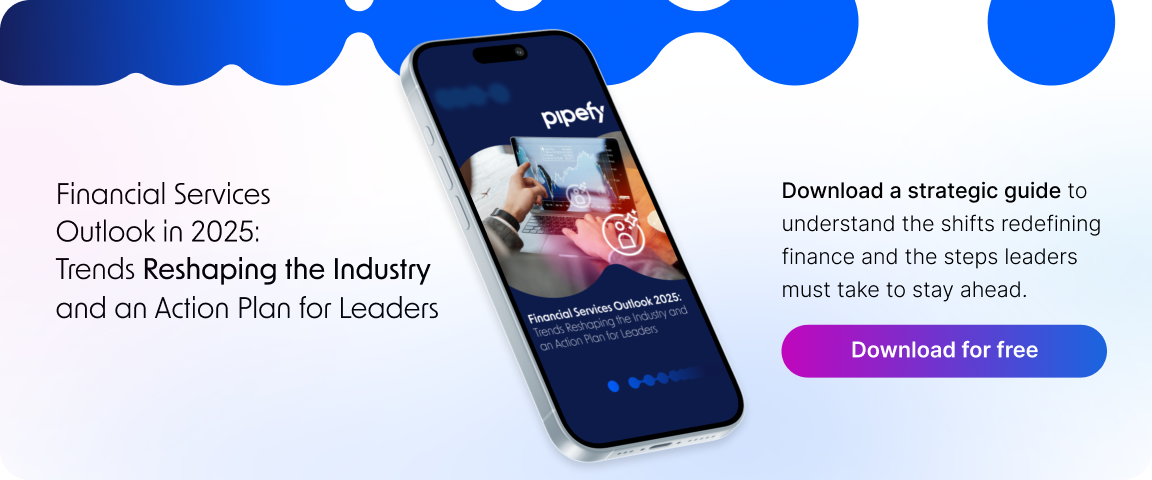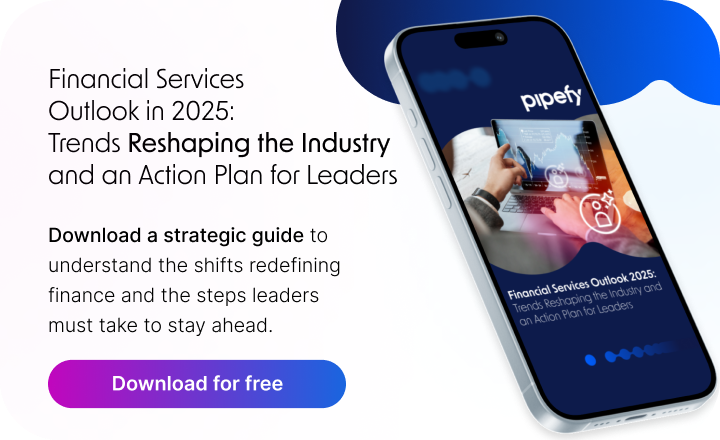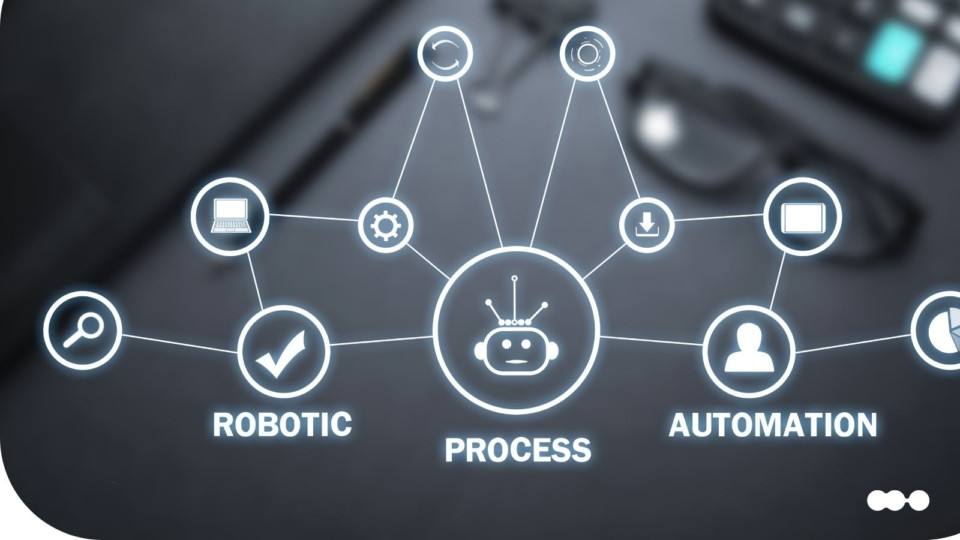
Every procurement and finance team dreams of reducing errors and keeping expenses under control — and it’s not out of reach. Automating the procure-to-pay cycle (P2P) is one of the most effective ways to boost efficiency across the board. In this post, we’ll explore how automating procurement workflows — especially with the help of technologies like AI Agents — can transform the entire process from start to finish.
What is the procure-to-pay (P2P) cycle?
The procure-to-pay cycle covers the entire journey of acquiring goods and services within a company — from identifying a need all the way to paying the supplier. Typically, this process includes:
- Requesting and approving purchases
- Researching and selecting vendors
- Issuing purchase orders
- Receiving and inspecting goods or services
- Processing and approving invoices
- Making payments
Although it’s a core function, P2P is often bogged down by manual steps, delays, and human error. Lost documents, duplicate payments, and lack of visibility are just a few of the common pain points.os.
Why automate the procure-to-pay cycle?
According to research from Future Market Insights, automating procurement brings several clear benefits for organizations looking to gain more control, predictability, and speed across their operations, according to a Future Market Insights study. Here are the top advantages:
1. Lower operational costs
Automation wipes out repetitive, manual tasks — things like data entry in spreadsheets or chasing approvals via email. With optimized workflows, teams can spend less time on low-value work and more time on strategy and supplier negotiations.
2. Fewer errors and better compliance
Standardizing processes significantly reduces the risk of human error. Automated rules and system integrations help ensure every purchase follows company policies and that order, receipt, and invoice data align without friction.
3. Full process visibility
Digital solutions consolidate every step of the procure-to-pay process, making it easier to track progress in real time, generate reports, and make data-informed decisions.
4. Smoother user experience
Whether you’re a requester, buyer, or supplier, a smooth and well-structured digital workflow makes the experience more transparent, faster, and easier for everyone involved.
Further Reading: Explore the best practices for automating procurement and creating efficient P2P cycles.
AI Agents and intelligent automation in P2P
The next frontier of procurement automation is already here — and it’s called AI Agents. These agents can act independently, make rule-based decisions, and even learn from process patterns and exceptions over time.
How do AI Agents improve the P2P cycle?
Here are a few practical examples:
- Order analysis and automatic compliance checks: An AI Agent can verify if a purchase request fits the budget and aligns with company policies before it even goes to approval.
- Vendor suggestions based on past data: By analyzing previous purchases and supplier performance, agents recommend the best-fit vendors for a given request.
- Smart matching of invoices and orders: Using computer vision and natural language processing, AI Agents compare data across documents to detect inconsistencies.
- Real-time alerts and insights: They can flag delays, bottlenecks, or data mismatches and alert the right people to take action.
More than just efficiency
Beyond speeding up processes and cutting down errors, AI Agents enable smarter decision-making. This shifts the procurement team’s role from transactional to strategic — directly supporting the company’s financial goals.
A real-life example with Pipefy
Companies using Pipefy to automate their procurement processes can:
- Build custom workflows with automated steps
- Set up intelligent approval policies
- Integrate with ERPs and CRMs for seamless data flow
- Use AI Agents to monitor compliance and improve decision-making
The result?
Processes that are up to 70% faster, 3x higher compliance rates, and significantly less rework.
Visual Checklist: The Benefits of Procure-to-Pay Automation
| Benefit | Direct Impact |
| Error reduction | Fewer mistakes and duplicate payments |
| Increased agility | Faster approvals and execution |
| Time savings | Automation of repetitive tasks |
| Better financial control | Real-time, integrated data |
| Strengthened compliance | Adherence to company policies |
Where to start?
If your company still runs parts of the procure-to-pay cycle manually, the first step is to map the entire process and identify bottlenecks. Then:
- Choose a flexible, integration-ready tool
- Design workflows with automated rules
- Implement AI Agents for analysis and decision-making
- Track performance and continuously optimize
Golden tip: Think beyond process with Pipefy
Automation isn’t just about speed — it’s about changing how your business operates. It frees your team to make smarter decisions, reduces risks, and delivers real value. When done right, an automated procure-to-pay cycle becomes a true competitive edge.
Pipefy can be a powerful partner in this transformation. Beyond workflow automation, the platform includes AI Agents that execute tasks and surface insights faster and more intelligently.







